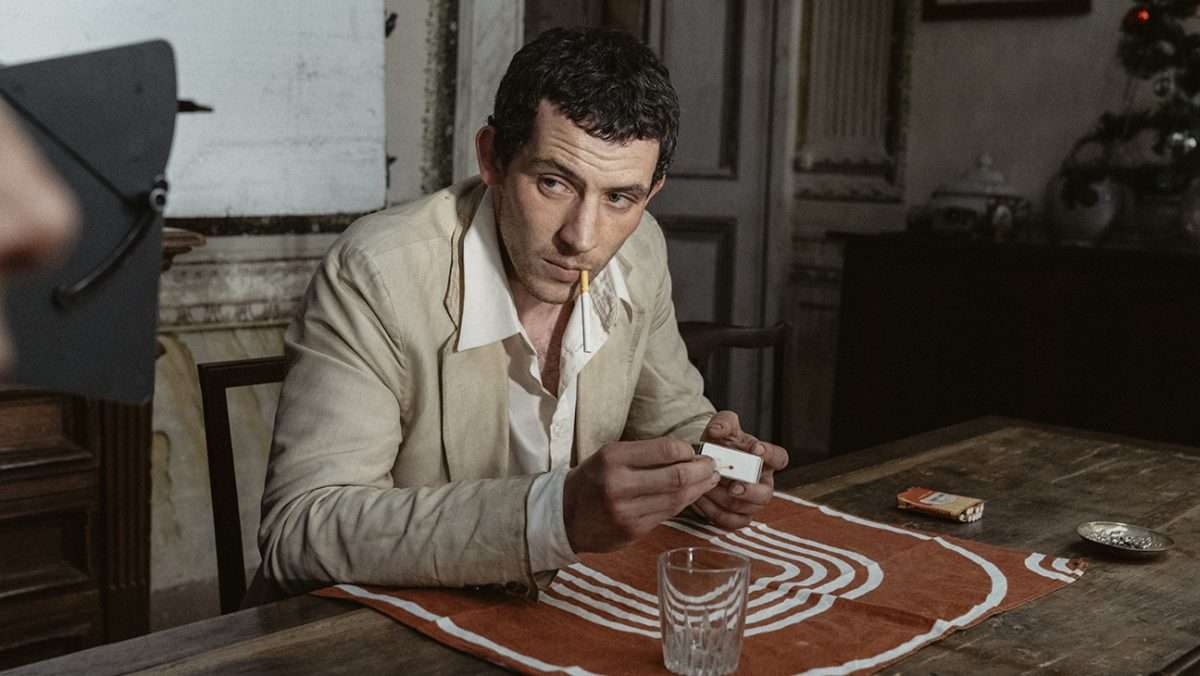
Alice Rohrwacher’s La Chimera is a sweeping spiritual quest and thought-provoking love story that captivates with its striking visual poetry. The blend of dreams, folklore, superstition and stark realism delivers arguably the most accomplished film in her Tuscan triptych.
La Chimera centres around Italy’s notorious Tombaroli, Italian gravediggers who steal from the dead and make money by fencing antiques (in this case, Tuscan Etruscan treasures) to mysterious fences. We follow Josh O’ Connor’s Arthur, referred to as The Englishman, a marked outsider with a skill for sniffing out sites with the most valuable treasures. As the plot progresses, we learn that he is on a spiritual quest that has shades of the Orpheus myth, and when he agrees to stay with an older woman and her family, Flora (the magisterial Isabella Rossellini), Arthur’s path takes a new direction.
The term La Chimera means something one tries to achieve but never manages to find. As with Rohrwacher’s The Wonders and Happy as Lazzaro, her pursuit of seeking out and understanding the past—notably through somewhat nostalgic themes that have long captured the Italian imagination—is manifested through a story that burns with heart and romance, but also with a sense of inner-conflict. This is a spiritual, sometimes haunting film. Life and death; the past and the present…all are represented through Rohrwacher’s unique cinematic language: her affection for her subjects comes across slowly, often with style, presenting their motives through a dreamlike vision that feels bottled in time—most obviously, a time distant from our own. Has Rohrwacher finally found her own ‘La Chimera’? That remains unclear. It certainly points to a more spiritual reckoning than her previous films, as though Rohrwacher herself has undergone change and evolution through her craft. But as a moviegoing experience on its own, this is a rare gem that will linger in the viewer’s mind long after the credits roll.



